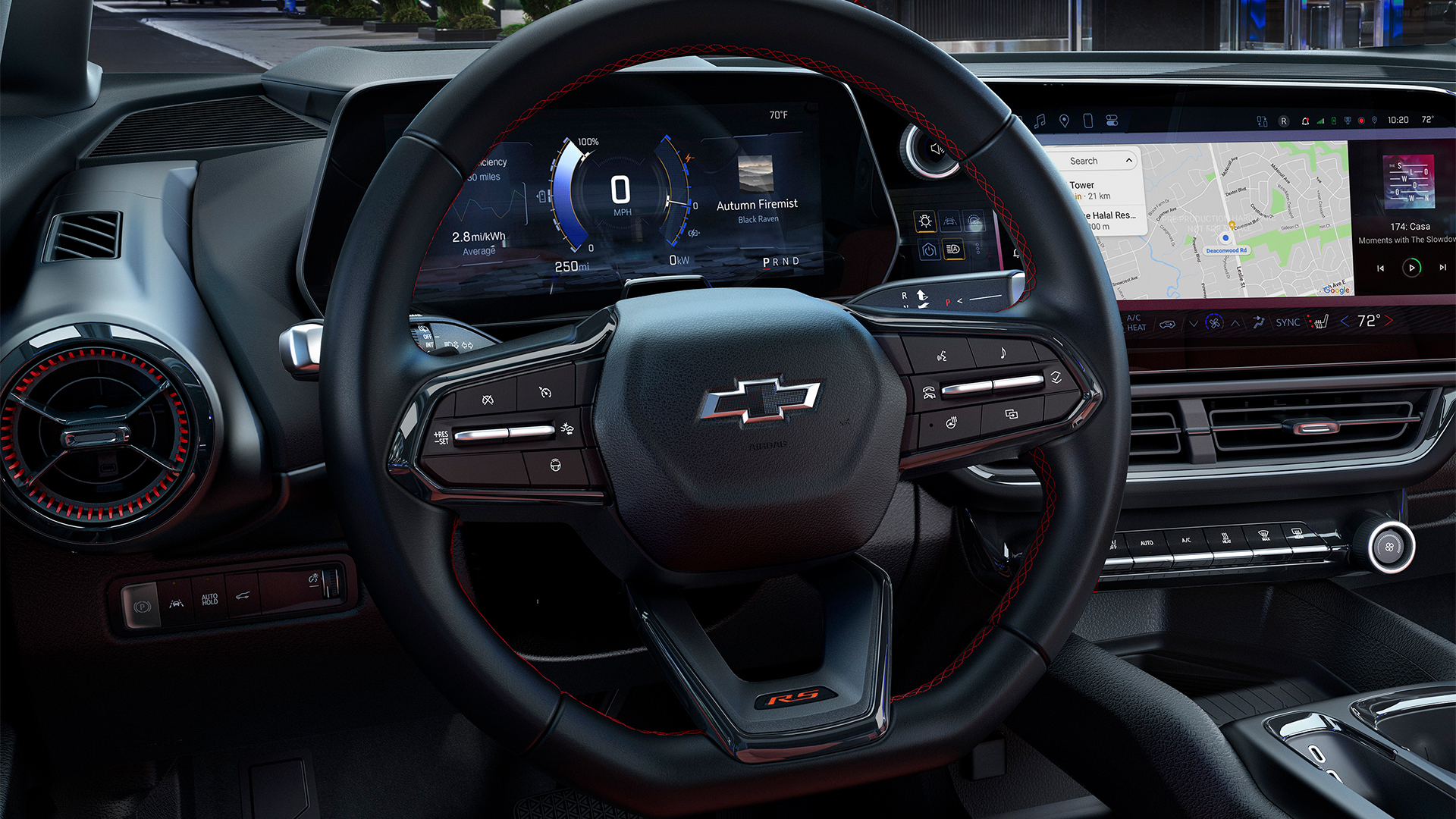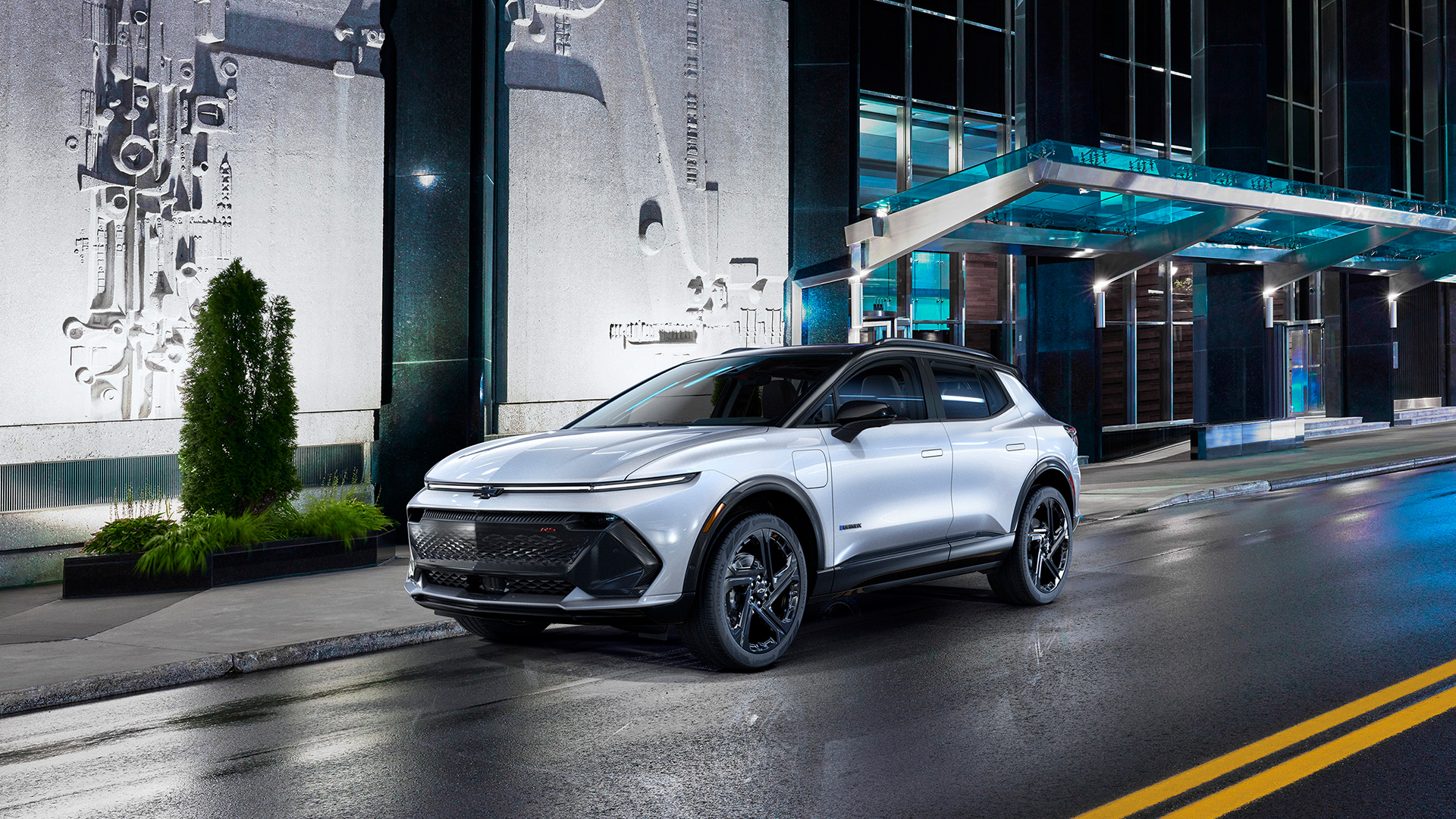
General Motors caused uproar earlier this year when it announced plans to phase out Apple CarPlay and Android Auto in future vehicles, in favor of an in-house system developed with the help of Google.
Naturally, this wasn’t a hit with iPhone users and fans of Apple CarPlay in general, as GM stated that the new system would rely on Google apps, such as Google Maps and Google Assistant for voice commands.
But in a conversation with MotorTrend, GM’s head of product for infotainment, Tim Babbitt, suggested that driver safety was a key part of the decision to axe both Apple CarPlay and Android Auto screen mirroring services.
According to MotorTrend, Babbitt stated that "CarPlay and Android Auto have stability issues that manifest themselves as bad connections, poor rendering, slow responses, and dropped connections. And when CarPlay and Android Auto have issues, drivers pick up their phones again, taking their eyes off the road and totally defeating the purpose of these phone-mirroring programs".
GM’s solution to convince drivers to install and log into all of their favorite apps on the automaker’s Ultifi infotainment operating system would negate the need to physically pick up a phone, while Google’s Voice Assistant is a powerful tool to enable app interaction without the need to take your hands off the wheel.
However, several industry commentators have been quick to point out that this argument is deeply flawed. Ford's CEO Jim Farley took to social media (below) to say his company was still working "closely with Apple and Google to create a very high-quality experience for customers" because they "help keep their eyes on the road and hands on the wheel".
We're committed to keeping Apple CarPlay & Android Auto. @Ford customers love the features because they help keep their eyes on the road and hands on the wheel. We work closely with Apple & Google to create a very high-quality experience for customers. And I think we have the… pic.twitter.com/77gCex6evdDecember 13, 2023
In fact, even GM’s communications director Anna Yu quickly jumped in to claim these safety-related comments weren’t entirely accurate.
In an email to The Verge and others, Yu said: "GM’s embedded infotainment strategy is driven by the benefits of having a system that allows for greater integration with the larger GM ecosystem and vehicles".
Read between the lines and a lot of the argument comes down to data and, in particular, the ability to monetize the vast amount of data that in-car apps are capable of collecting. If GM allows Apple CarPlay and Android Auto to take care of infotainment, it is effectively squandering an opportunity to bring in additional revenue.
In fact, Edward Kummer, GM's chief digital office, admitted this in an interview with Reuters earlier this year. "We do believe there are subscription revenue opportunities for us," Kummer said. Reuters went on to reveal that GM Chief Executive Mary Barra is aiming for $20 billion to $25 billion in annual revenue from subscriptions by 2030.
Analysis: The connected car conundrum

Electric vehicles are becoming increasingly connected, with the ability to update and improve their abilities over-the-air being a huge selling point to customers. With this comes a more nuanced argument surrounding infotainment.
On the one hand, GM does have a strong case for keeping customers within its own infotainment ecosystem, as Tesla, which has never officially offered Apple CarPlay or Android Auto, has proven that this has plenty of benefits.
Tesla’s navigation system, for example, can predict Supercharger capacity and improve the flow through its charging network thanks to the reams of data collected about where Tesla’s cars are, when they need to charge, and the likelihood they are going to have to stop to top-up batteries.
GM’s executive of digital cockpit experience also said to Reuters in an interview: "We have a lot of new driver assistance features coming that are more tightly coupled with navigation. We don’t want to design these features in a way that are dependent on a person having a cellphone".
It is a fair point, but GM’s mixed messaging over the issue to phase out Apple CarPlay and Android Auto won’t do anything for consumer confidence.
It also needs to be very clear on the amount and type of driver data it is collecting, as well as clarity on the messaging around just how many of its new and exciting features will actually require a paid-for subscription.







